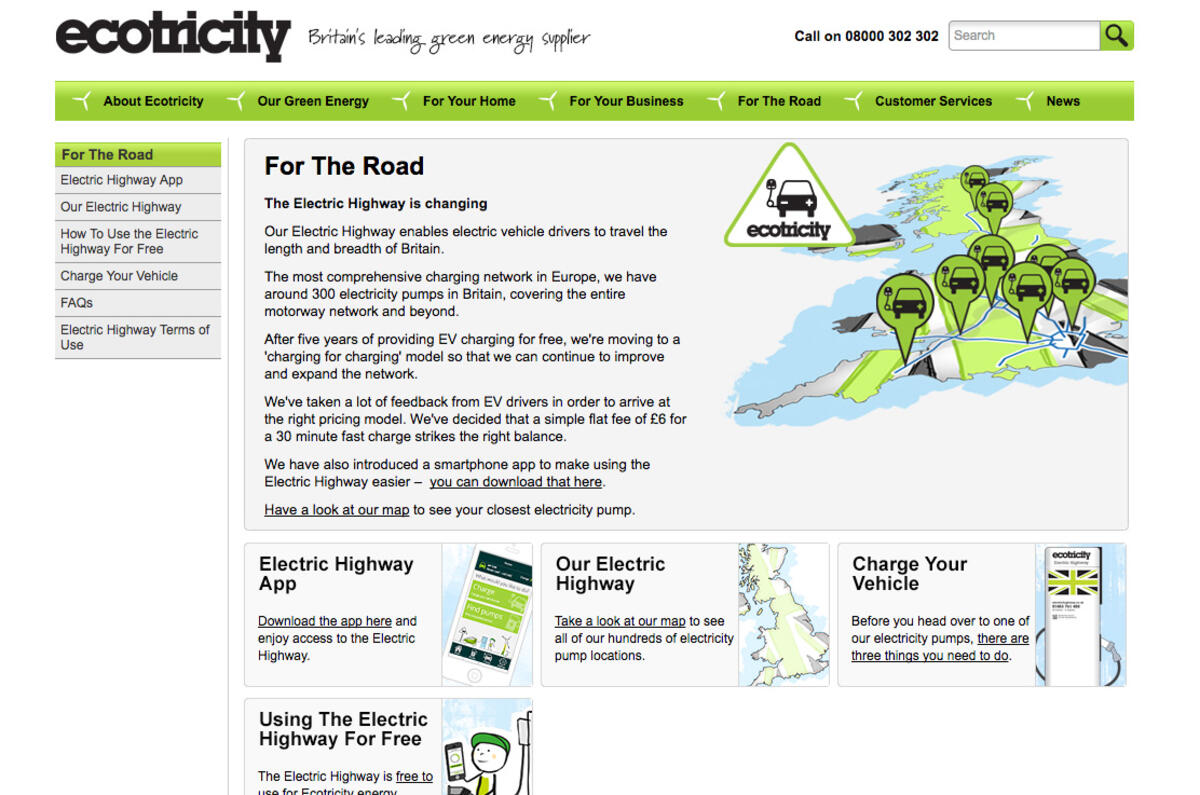Last week Ecotricity announced that its public charging points for electric cars would henceforth cost £5 for a 20-minute charge. Yesterday, following customer feedback, it announced that it would instead charge £6 for a 30-minute charge.
I’m not sure what customer feedback they were reading, because everything I’ve seen in the electric car forums (I lease a Renault Zoe) has been outright anger that the charge still appears to have made electricity more expensive than diesel overnight. Charging always seemed inevitable - you can’t expect free electricity forever - but I’d argue Ecotricity appears to have misjudged its cost structure.
I read a story this morning from a Nissan Leaf owner who charged his battery from 50% for the requisite 30 minutes. The ambient temperature was 21 degrees, which is a pretty decent temperature for charging, yet at the end of the 30-minute session his battery was at 97% charged - the equivalent of around 49 miles of range. That pretty much tallies with my charging experiences, too. As the Leaf owner ruefully pointed out, his diesel car does a comfortable 55 miles on a gallon of diesel, which costs slightly less than the electricity.
Ecotricity will defend itself by saying that customers can avoid the £6 charge by signing up to use its electricity at home, and will point out that it has (with subsidy) already invested in installing and supplying energy from its 296 charging points across the country, 99% of which are at motorway service stations. It is also investing to double that number of chargers in the next two years, including more fast chargers, which will, of course, supply more energy in the allowed 30 minutes.
But it’s clear that something needs to move; either the electricity needs to be cheaper or the speed of charging needs to be faster. Without one or the other shifting, I foresee trouble for either Ecotricity or the electric car movement.
Electric car owners will most likely find somewhere else to charge their cars, while potential electric car buyers simply may not bother. After all, despite the rising popularity of electric cars, I’d argue the financial advantage of owning one is still the main driver in persuading people to switch from an inarguably more convenient combustion-engined car.
In time, it is inevitable that running an electric car will cost as much as running a combustion-engined one today. But that time hasn't arrived yet and, if electricity really is going to become more expensive than diesel, I fear buyers will vote with their wallets.






Join the debate
Add your comment
Reading through these
let me get this straight??
@koyaanisqatsi the problem of
Dear 'leccy vehicle owners...
@TS7 there really is no need
Cost of electric versus diesel running costs